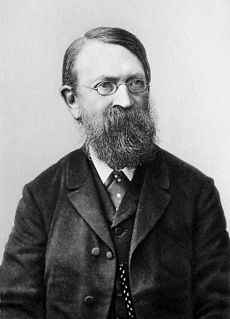The nonlinear and complex nature of tissue mechanics presents significant computational
challenges, particularly in dynamic mode where solver complexity escalates exponentially. Traditional numerical approaches like finite element method (FEM) are constrained by the intricate requirements when dealing with complex morphologies and heterogeneous materials, which demand extremely fine computational meshes and limit analysis to small-scale problems. Emerging neural operator techniques, specifically deep operator network (DeepONet), have shown promise as surrogate models. However, these data-driven approaches suffer from critical limitations: they require extensive parametric simulations, and their autoregressive nature leads to substantial error accumulation over time. Consequently, predictions based on limited datasets can introduce significant inaccuracies. This work introduces a hybrid computational framework that couples FEM with a Physics-Informed DeepONet (PI-DeepONet) to overcome these fundamental limitations. The approach employs a domain decomposition strategy where the larger computational domain is approximated using a coarse-mesh FEM solver, while regions requiring intricate modeling are approximated by the pre-trained PI-DeepONets. Information exchange between these domains is facilitated through the Schwarz alternating method. A key advancement of this framework is the development of a high-accuracy, timeadvancing PI-DeepONet specifically designed for dynamic simulations. By implementing the Newmark method for time discretization, the proposed approach effectively mitigates error accumulation, reducing predictive errors to below 1%. Moreover, as a mesh-free model, it demonstrates versatility, enabling seamless extension to atomic-scale predictions. This coupling framework represents a transformative approach to multiscale modeling in dynamic tissue mechanics and advance our ability to simulate complex mechanical systems across multiple scales.

